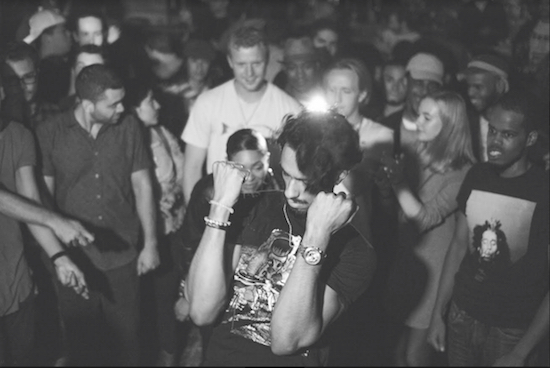There are only 17 places in Brooklyn where you can legally dance

When Friday arrives, there’s only one thing on everyone’s mind: the weekend.
Like many people worldwide, Brooklynites choose to celebrate their two-day vacation at their favorite watering hole with a cool beverage in hand, moving and grooving to a thumping bassline.
Dancing, after all, is an expression; it’s a way to bring people together and a reminder of the power that music has to unite in the wake of chaos.

Brooklyn Boro
View MoreNew York City’s most populous borough, Brooklyn, is home to nearly 2.6 million residents. If Brooklyn were an independent city it would be the fourth largest city in the United States. While Brooklyn has become the epitome of ‘cool and hip’ in recent years, for those that were born here, raised families here and improved communities over the years, Brooklyn has never been ‘uncool’.